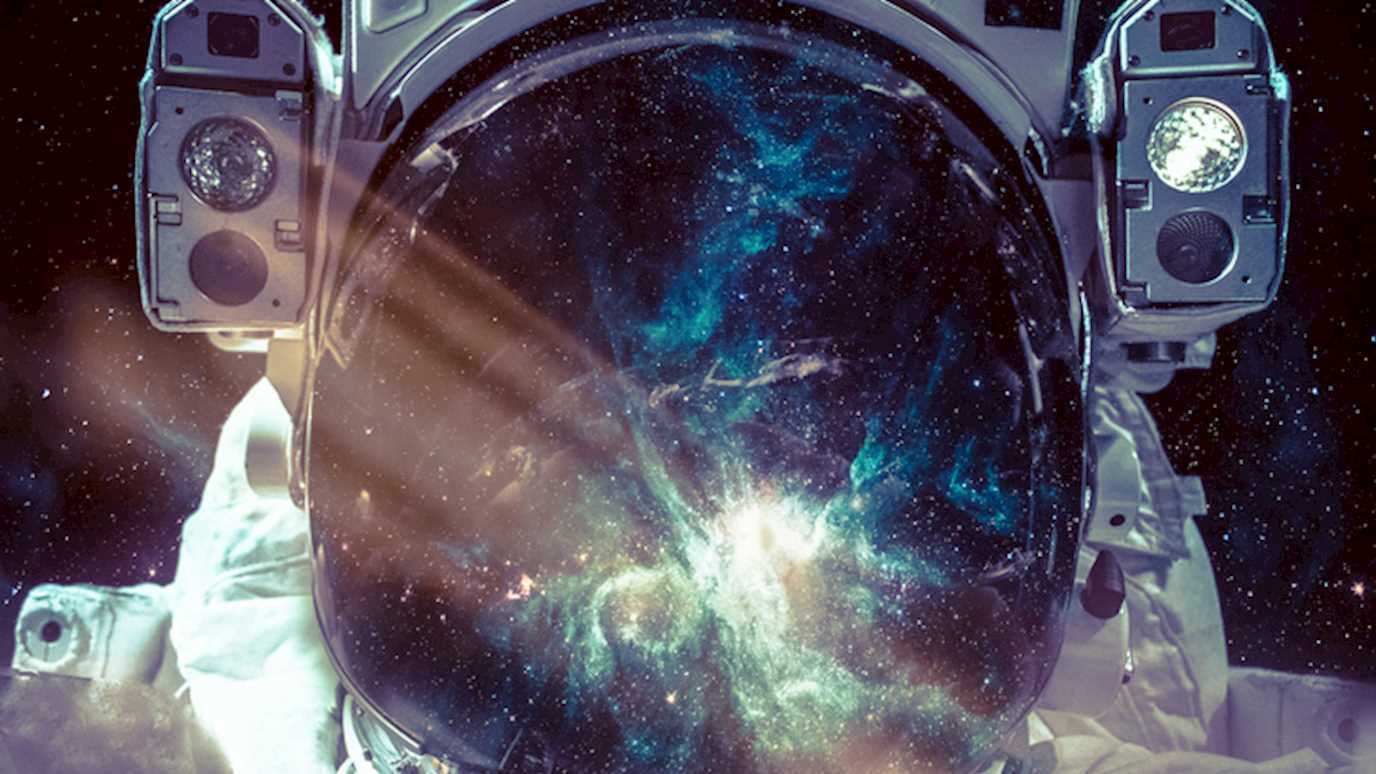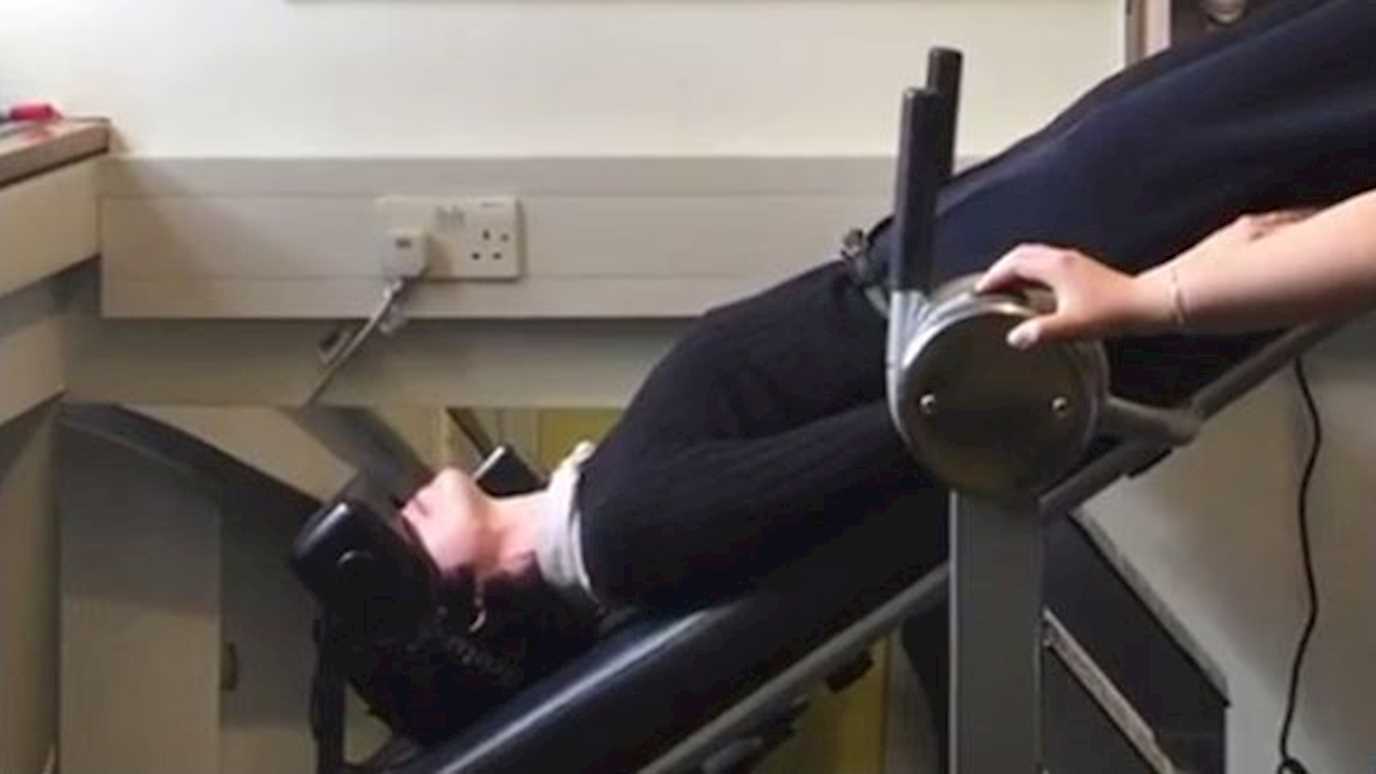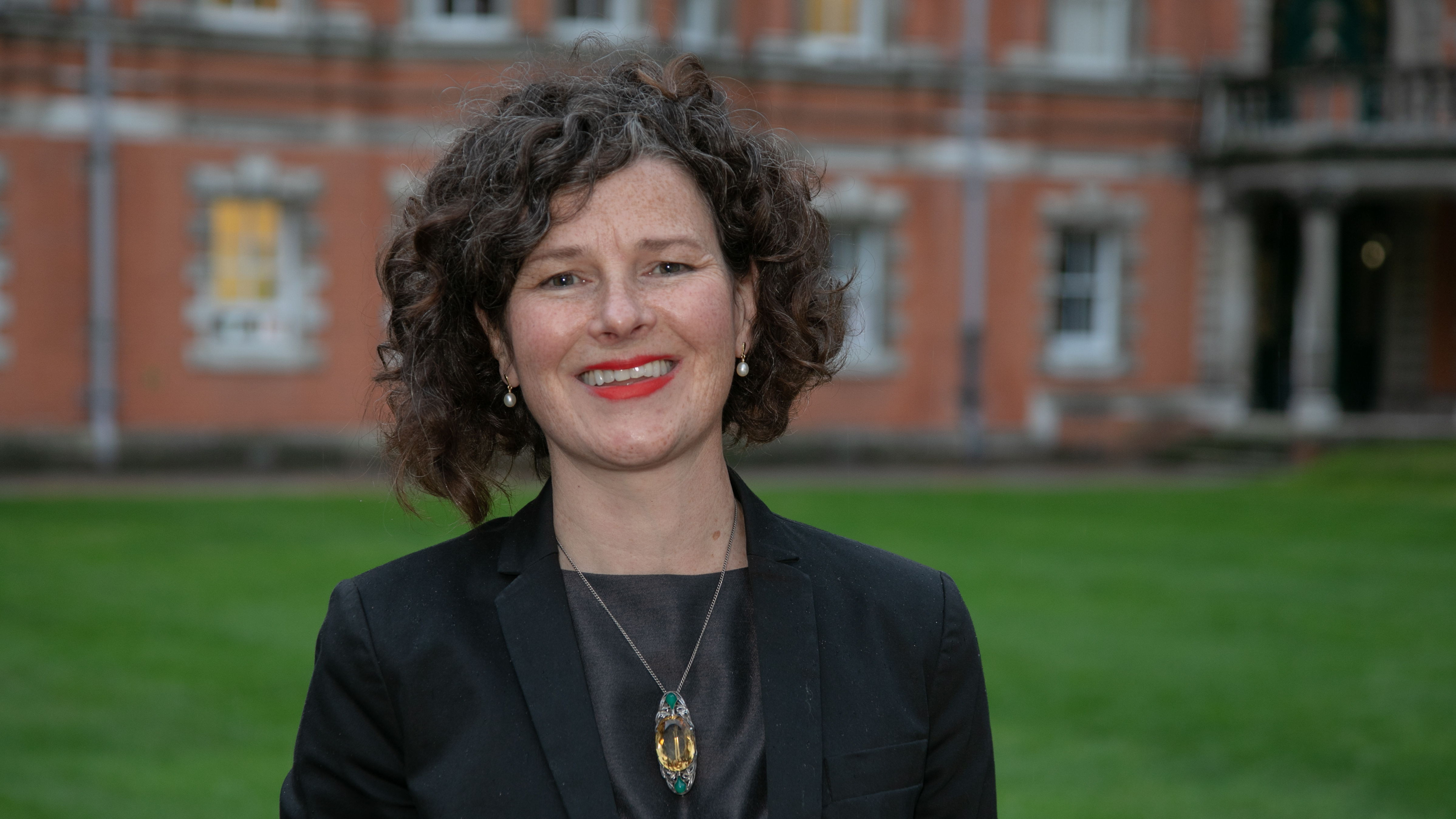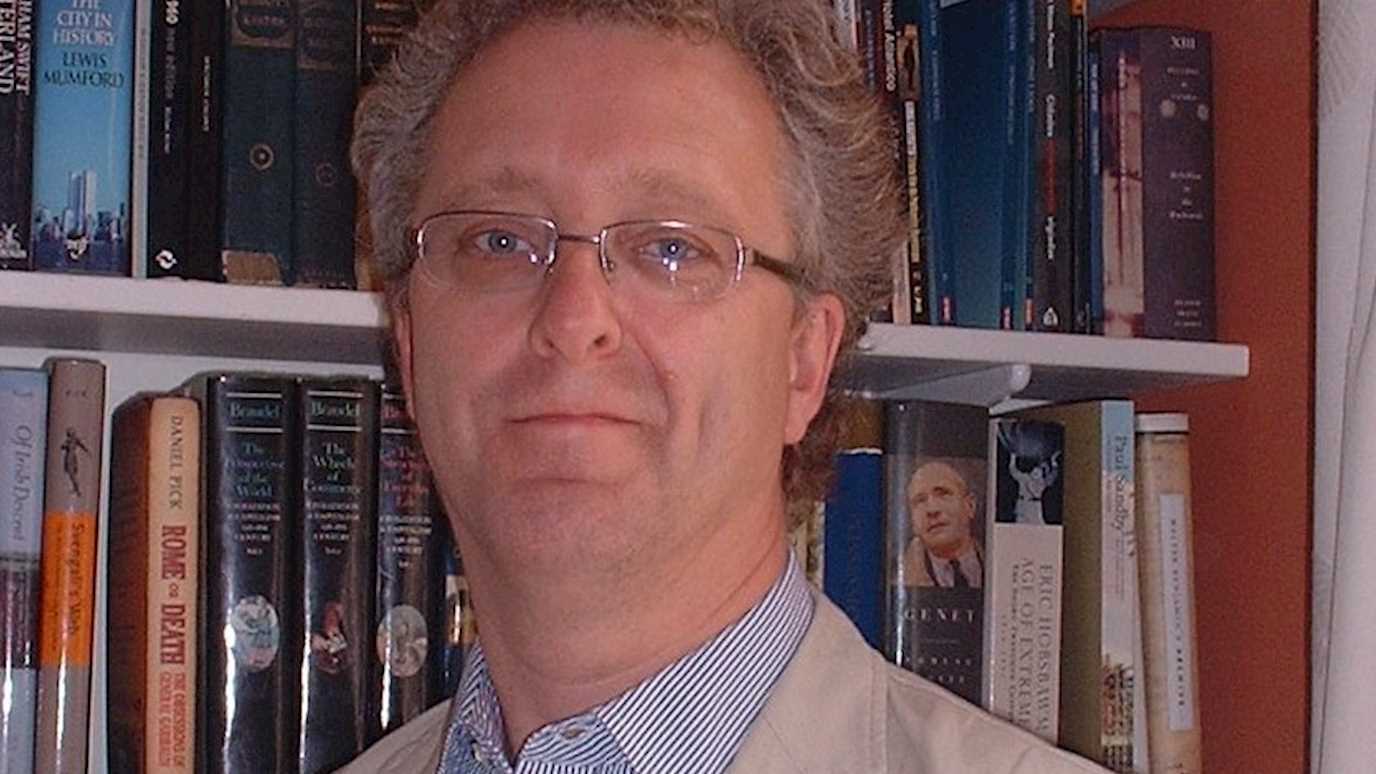An academic at Royal Holloway has conducted research to see how people make decisions in space with zero gravity and the results prove this little-known area needs to be addressed.

Dr Elisa Ferre, senior lecturer in psychology, and Maria Gallagher, lead author and PhD student, both from Royal Holloway, investigated how alterations in gravity changed decision making.
Astronauts are primarily trained in physical fitness and given the right equipment, but are rarely proficient in how their brain functions will work millions of miles away from earth, when making decisions away from the comfort of terrestrial gravity.
The experiment saw participants take part in Random Number Generation task where they were upright, with the natural pull of gravity around them, and asked to shout out a random number between one and nine every time they heard a beep. This was then repeated, but with the participant laying down which manipulates the gravity.
When sitting up, the participant was able to shout out a different random sequence of numbers, but when lying down, and thus not within the natural force of gravity, things started to change.
Maria Gallagher explained: “We found decreased randomness in the sequence of numbers when participants were laying down: participants started to repeat the same number they shouted out before and the random choices they made almost ceased.”
Dr Elisa Ferre said: “With the 50th anniversary of the Apollo Landing, we are getting ever closer to the new space age we have all imagined, which is very exciting.
“However, whilst the physical training and incredible equipment is given to astronauts, research in decision-making when we’re away from terrestrial gravity is little known, and our findings show that altered gravity might affect the way in which we make decision.
“This is incredibly important and we need to fix this.
“With the prospect of people going up into space, whether as a trained astronaut or in the near future, civilian passengers, it can take few minutes for any transition messages to get from the spacecraft to Houston, so being able to make decisions promptly, concisely and on-the-spot without any outside help, is of paramount importance.”
Making the correct decision is vital in high-pressured environments, such as space travel, remarked upon by Canadian Astronaut Chris Hadfield, ‘Most of the time you only really get one try to do most of the critical stuff and the consequences are life or death.’
During spaceflight, astronauts are in an extremely challenging environment in which decisions must be made quickly and efficiently.
To ensure crew well-being and mission success, understanding how cognition is affected by gravity is vital.
For more information, please read Dr Ferre’s paper.

























